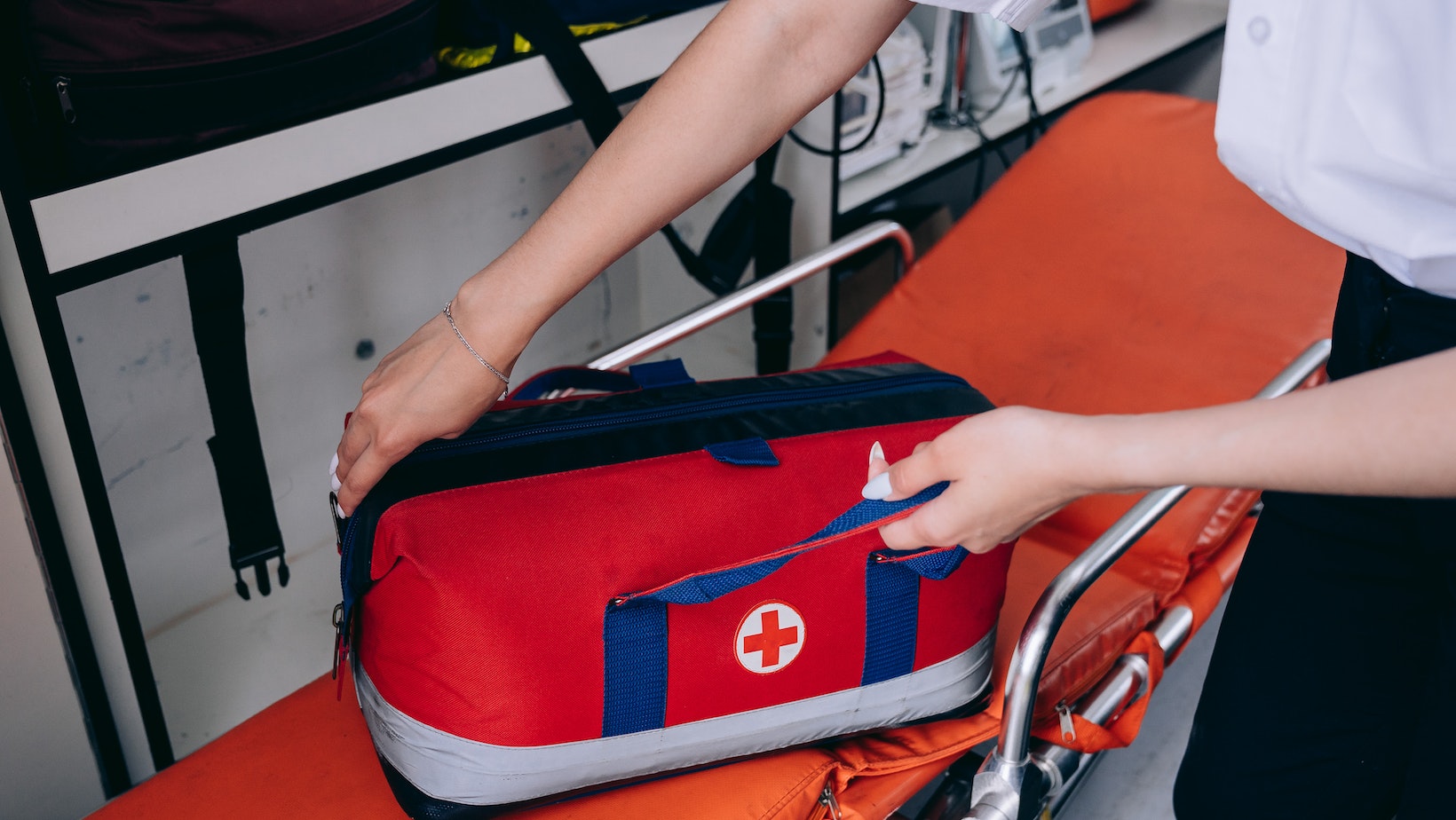The police, fire, and emergency medical services are typically categorized within the jurisdiction of local government bodies. These vital public safety agencies operate at the municipal level, under the purview of city or town governments. The responsibility for maintaining law and order, responding to fires, and providing immediate medical assistance falls under the authority of these local governing bodies.
The Police, Fire, and Emergency Medical Services Are Usually Categorized Inside Which Government
When it comes to categorizing emergency services like the police, fire, and emergency medical services, they are typically organized within the framework of local government. The responsibility for overseeing and coordinating these vital services falls under the jurisdiction of municipal or county governments.
Here is a breakdown of how different levels of government play a role in categorizing emergency services:
- Local Government: At the forefront of emergency service provision is local government. Cities, towns, and counties have their own police departments, fire departments, and EMS agencies. These entities work closely together to ensure public safety and swift response during emergencies. They collaborate on resource allocation, training programs, and setting guidelines for operational procedures.
- State Government: While local governments handle day-to-day operations, state governments play a crucial role in providing support and oversight to ensure standardized practices across various jurisdictions. State agencies often establish regulations that govern emergency service protocols while also offering funding opportunities for equipment upgrades and training initiatives.
- Federal Government: Although emergency services primarily fall under the purview of local and state governments, federal agencies also have an important stake in ensuring effective disaster response capabilities nationwide. The Federal Emergency Management Agency (FEMA) works closely with state and local authorities to provide resources during major emergencies or natural disasters that overwhelm regional capacities.
It’s worth noting that specific arrangements can vary between countries or even within different regions of a country. For instance, some countries may have centralized national bodies responsible for managing all aspects of emergency services at a federal level.

The Importance of Police Departments in Maintaining Public Safety
In today’s society, police departments play a crucial role in maintaining public safety. They are an integral part of the government structure, specifically categorized within the law enforcement sector. Let’s explore why police departments hold such significance and how they contribute to our overall well-being.
- Crime Prevention: Police departments are primarily responsible for preventing crime and ensuring public order. Through proactive patrols, community outreach programs, and strategic initiatives, they work tirelessly to deter criminal activities before they occur. By maintaining a visible presence in neighborhoods and responding promptly to calls for assistance, they create a sense of security that is essential for community cohesion.
- Emergency Response: When emergencies strike, whether it’s a robbery, assault, or any other life-threatening situation, the police are often the first responders on the scene. Their ability to assess the situation quickly and take appropriate action can mean the difference between life and death. With extensive training in crisis management and emergency protocols, police officers are equipped to handle high-pressure situations with professionalism and efficiency.
- Investigation and Justice: Another vital aspect of policing is conducting thorough investigations into crimes committed within their jurisdiction. Detectives work diligently to collect evidence, interview witnesses, and apprehend suspects in order to bring them to justice. This process not only helps solve individual cases but also serves as a deterrent by sending a clear message that criminal behavior will not go unpunished.
- Community Engagement: Police departments recognize that building trust and fostering positive relationships with the community is essential for effective policing efforts. By engaging in community programs such as neighborhood watch groups or youth mentorship initiatives, they promote collaboration between law enforcement agencies and citizens. This interaction promotes understanding, breaks down barriers, reduces stereotypes, enhances communication channels, and facilitates cooperation when addressing local concerns.
- Traffic Control: Ensuring road safety is another critical responsibility shouldered by police departments worldwide. From enforcing traffic laws to managing accidents and congestion, police officers play a vital role in safeguarding commuters, pedestrians, and other road users. Through traffic control measures such as speed enforcement, DUI checkpoints, and educational campaigns, they strive to reduce the number of accidents and fatalities on our roads.
In conclusion, police departments are an indispensable part of government agencies responsible for maintaining public safety. Their efforts in crime prevention, emergency response, investigation and justice, community engagement, and traffic control contribute significantly to creating safer communities for everyone. By understanding their importance and supporting their work, we can all play a role in building a more secure society.


